Over the past year, Type Investigations reporters have shed light on some of today’s most pressing issues, from immigration and reproductive rights to corruption and threats to civil liberties. We are committed to holding power to account, and proud to work with independent reporters and local and national news outlets to produce ambitious, high-impact journalism.
As we look ahead to 2025, here are a few highlights from the past year:
Lila Hassan
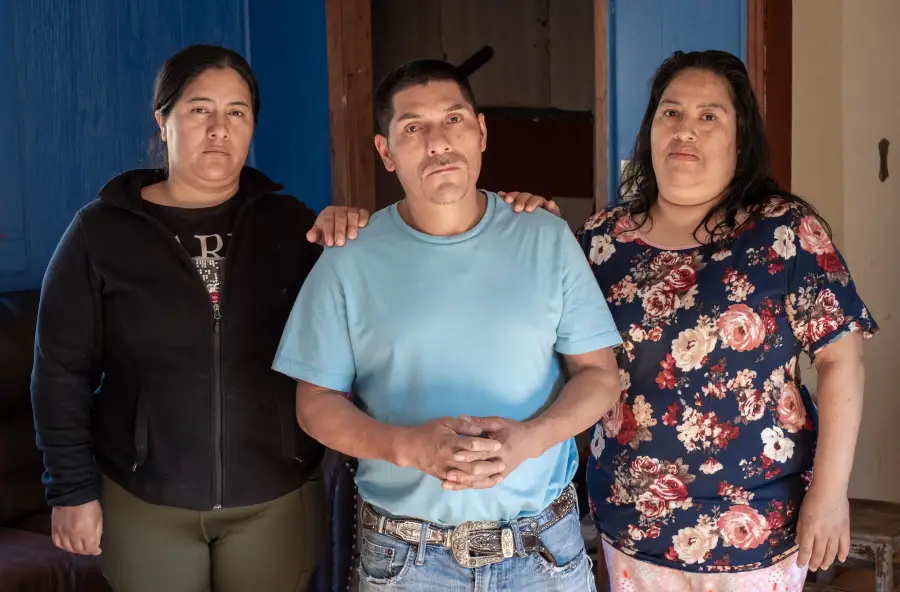
Gabino Ramos Hernandez, center, with his sister, Soledad Ramos Hernandez, right, and his partner, Nemesia Martinez, left, in their home in Laurel, Mississippi. Image: Timothy Ivy for The Trace and Business Insider
In partnership with Business Insider and The Trace, Ida B. Wells fellow Lila Hassan published the first comprehensive look at how ICE handles use of force. Internal agency records, obtained through a lengthy legal battle, revealed that officers frequently shot at people who were unarmed and put bystanders at risk. We found that ICE agents injured at least 24 people and killed at least 23 over a six-year period. In over half of the shootings examined, ICE agents never even made an arrest. Yet we found no evidence of any agents being disciplined or held accountable. In her second story, Hassan analyzed exclusive ICE training documents that appear to encourage agents to use force quickly and decisively, without any instruction on de-escalation tactics.
Hassan spoke to us about her legal battle against ICE for public records on The Backstory.
Allison Herrera, Anika Besst, Claire Keenan-Kurgan & Kate Martin
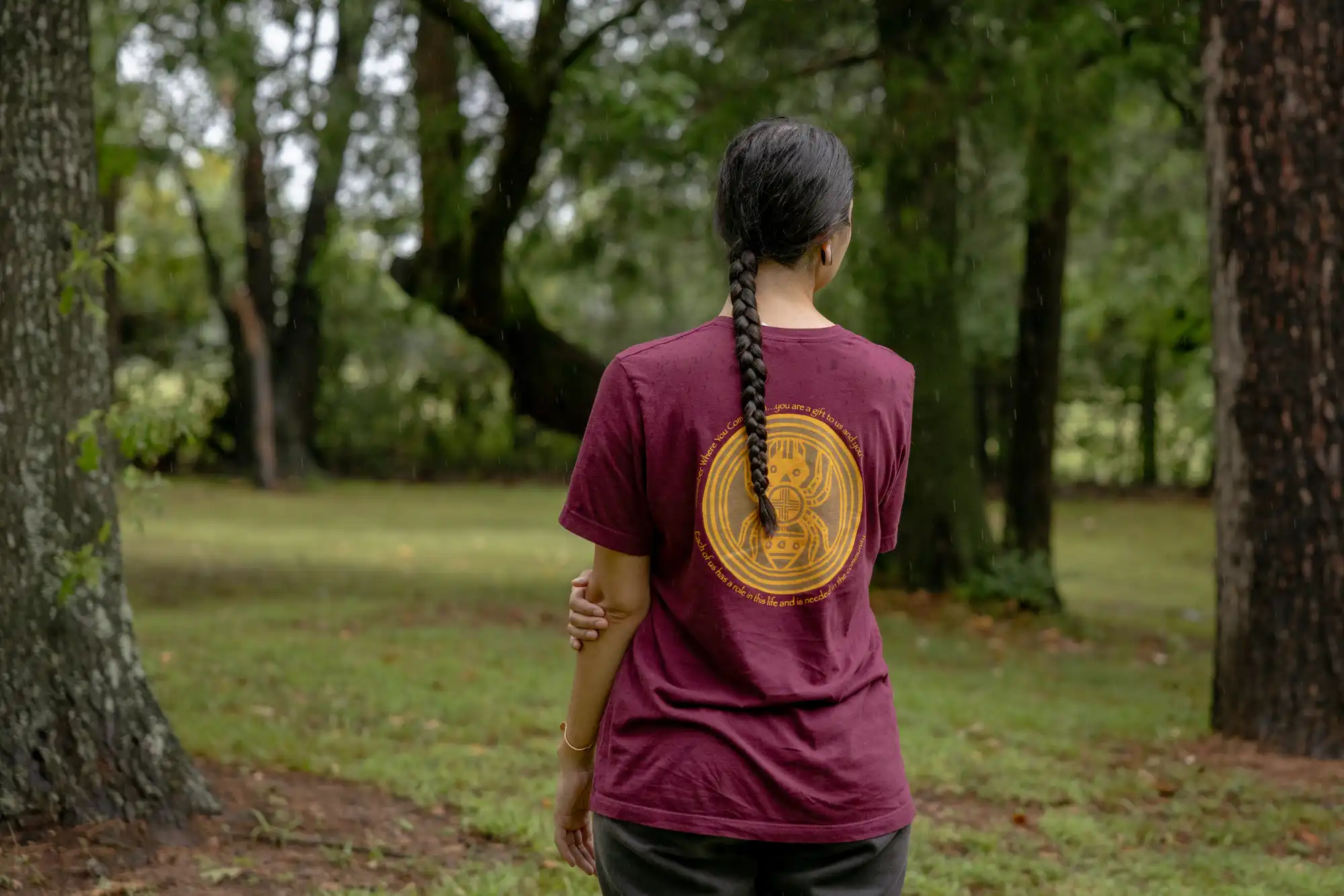
When Andrea (not her real name) needed Plan B back in 2014, her tribal pharmacy made her get a prescription, even though the Food and Drug Administration had made it available over the counter. Image: Brittany Bendabout for Type Investigations
Emergency contraception has been available over the counter at most U.S. pharmacies for more than a decade. But 54 tribal clinics spread across 11 states still do not provide Plan B, according to an investigation by Allison Herrera, Anika Besst, Claire Keenan-Kurgan & Kate Martin, produced in partnership with APM Reports and KOSU. Another 51 clinics impose limits on access, such as age restrictions or the need for a prescription from a doctor. Collectively, these clinics serve tens of thousands of women. Our reporting prompted the Cherokee Nation to clarify its guidelines.
Herrera recently joined The Backstory to discuss the challenges she encountered reporting across different states.
Adam Federman
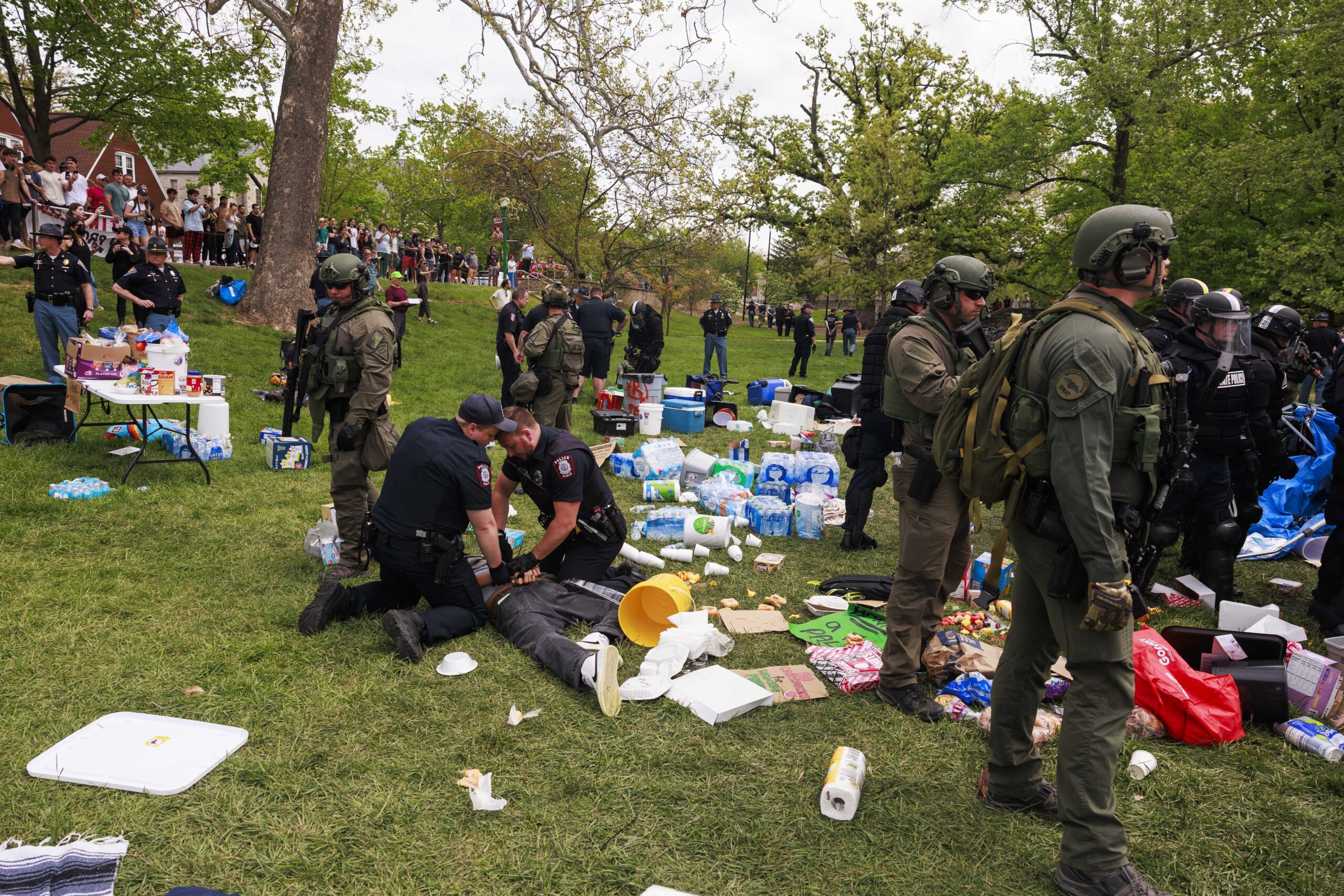
Dozens of pro-Palestinian protestors are arrested at Indiana University on April 25 by the State Police riot squad. All the arrested protesters, including professors, have been banned from Indiana University’s campus for a year. Image: Jeremy Hogan / SOPA Images/Sipa USA (Sipa via AP Images)
For In These Times, Type Investigations reporting fellow Adam Federman wrote two articles on the spread of anti-protest laws across the country, as state and federal officials find new ways to criminalize dissent — a direct response to campus protests over the war in Gaza and movements in support of racial justice, environmental protections, and human rights. Since 2017, 21 states have passed nearly four-dozen laws enhancing penalties and fines for common protest-related crimes, Federman found, part of a wave of nearly 300 anti-protest bills introduced nationwide.
This past April, Federman talked about what the future of protest could look like on The Backstory.
Tanvi Misra
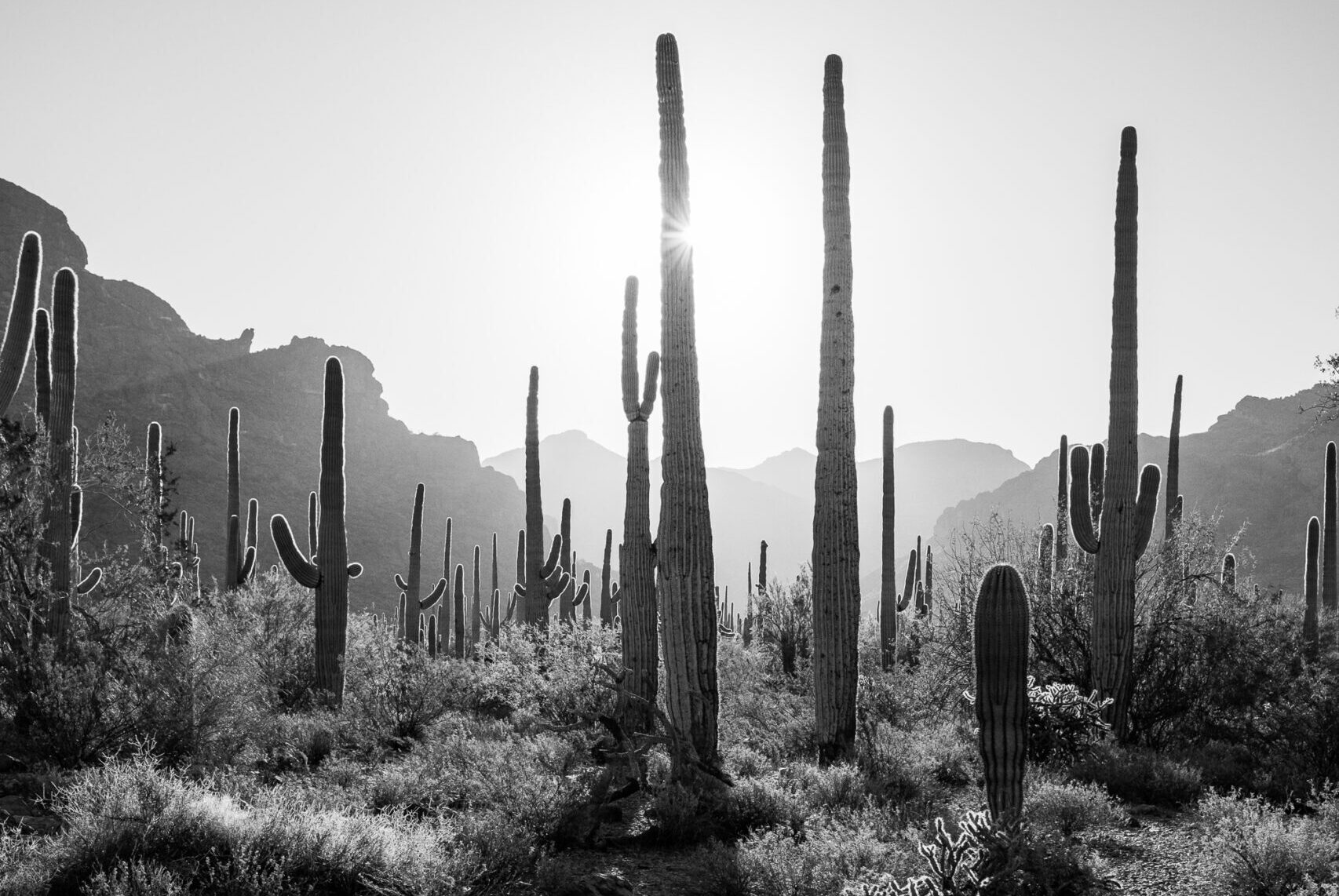
Image: Roberto (Bear) Guerra/HCN
In a cover story for High Country News, Ida B. Wells fellow Tanvi Misra dug into Border Patrol’s migrant rescue program, which makes up the only meaningful federal response to the climbing migrant deaths and disappearances along the U.S.-Mexico border. Misra reviewed hundreds of exclusive documents and spoke with migrants, agents, and local organizers to reveal how the program prioritizes enforcement over saving lives, violating international standards of emergency response.
Misra spoke about her reporting trips to Arizona on The Backstory.
Garrett Hazelwood
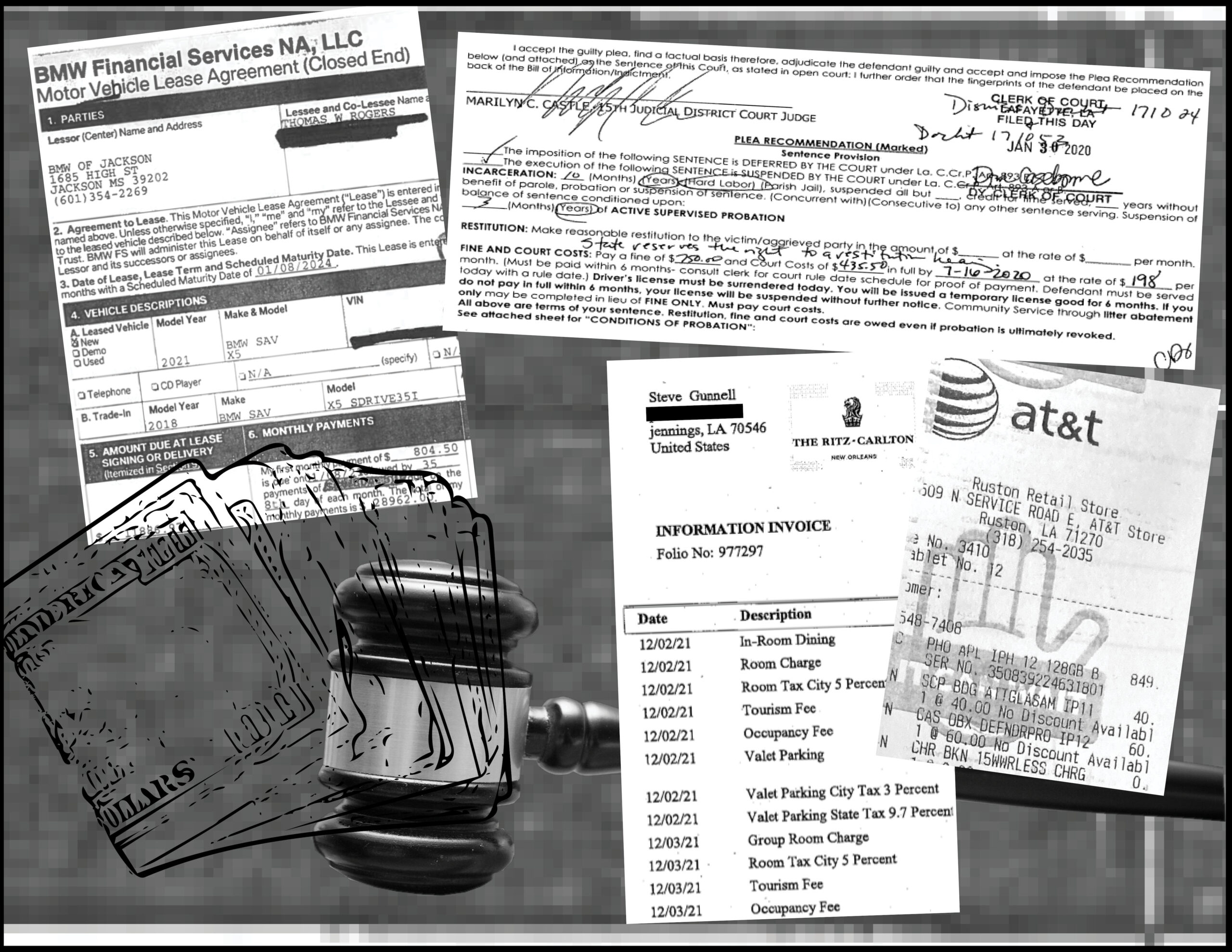
Criminal fines and fees poured over $7 million into district court judicial
expense funds in 2022. Audit reports show judges sometimes use these funds to pay for
expenses like Lexuses and BMWs, Apple Watch bills, and fancy hotel stays. Image: Garrett Hazelwood
In a story for Louisiana public radio stations WWNO and WRKF, we investigated a Louisiana law that gives judges a financial incentive to set high bail and secure convictions. Years after a federal court declared the practice unconstitutional, judges continue to take money from criminal defendants, we found, sometimes spending it on resort stays and luxury cars. The more convictions these judges secure, the more money they have at their disposal to use for their own travel, meal, and vehicle expenses.
Hazelwood talked to The Backstory about how he got access to the financial documents for his investigation in February.